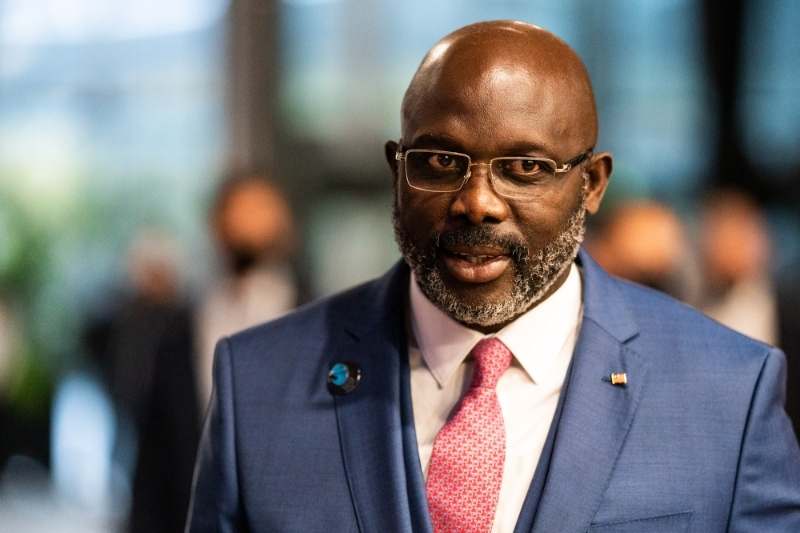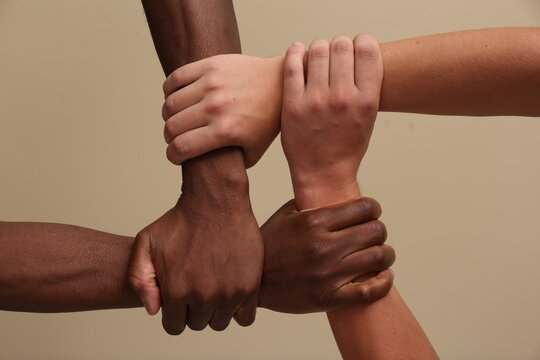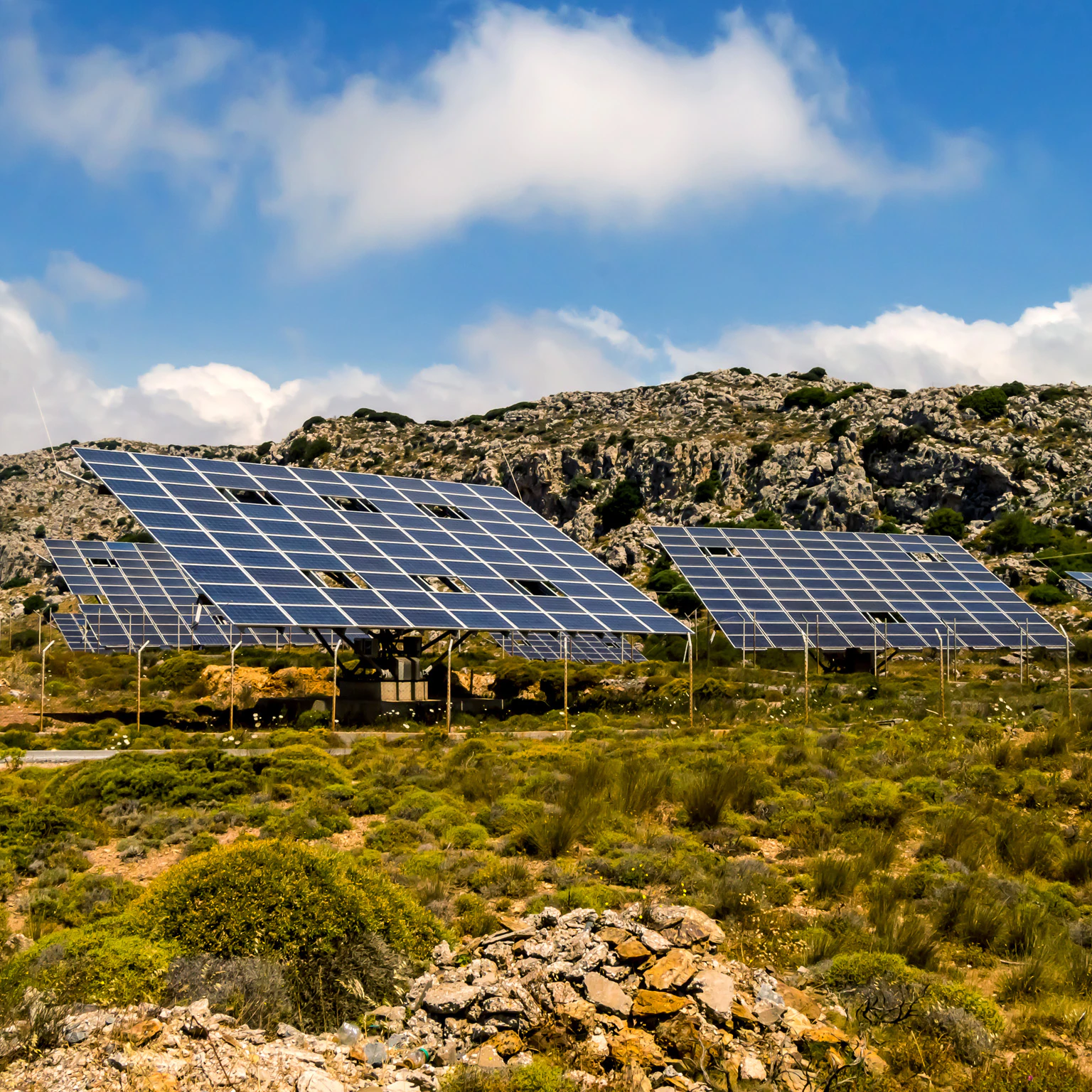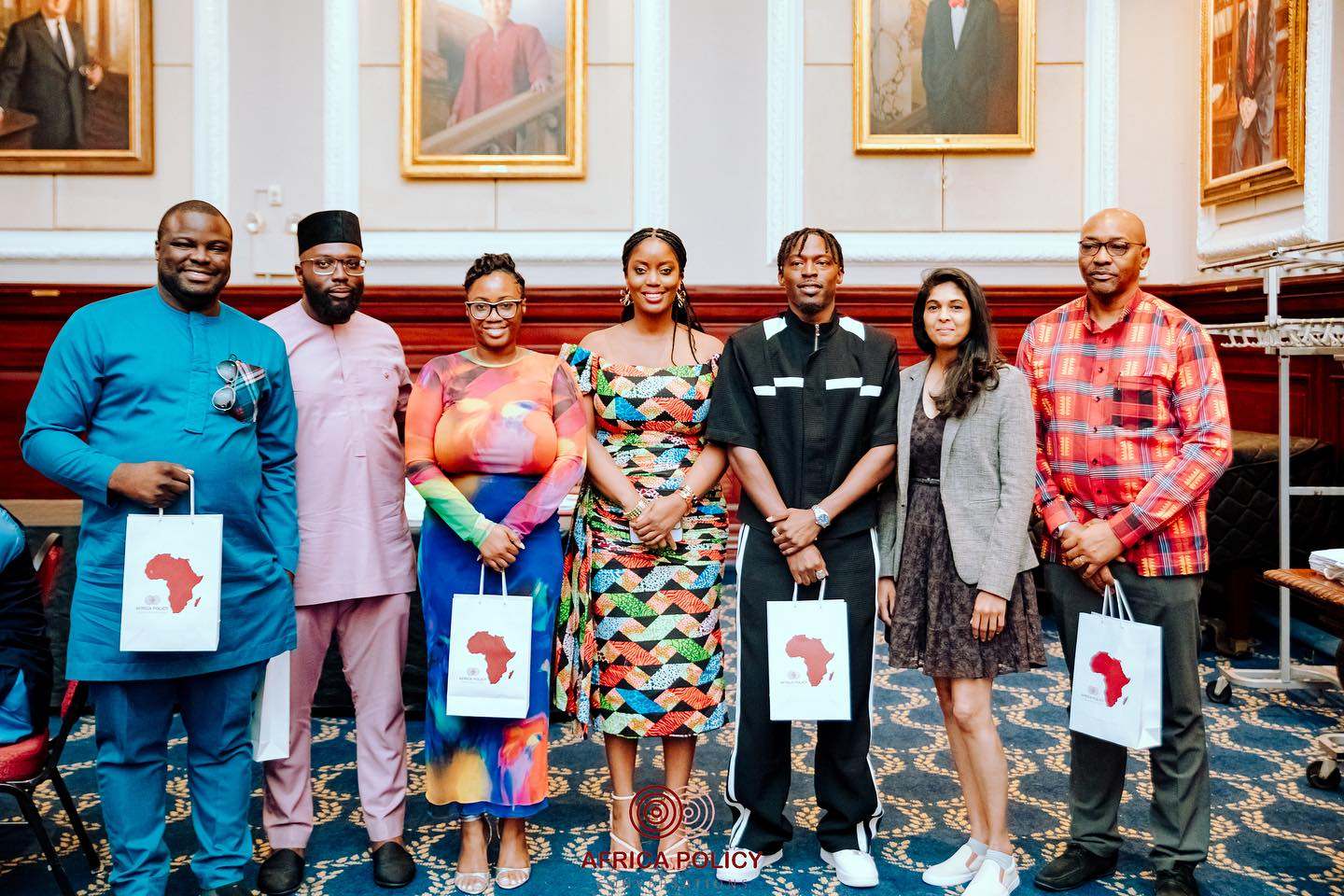Abstract
Liberia is unique. The oldest republic on the African continent, on the 17th of November 2023, took another important step in solidifying its place as Africa’s oldest modern-styled democracy. The Liberian Presidential elections needed a second-round run-off to decide a winner between incumbent president George Oppong Weah and a notable adversary and former vice-president, Joseph Boakai.
The Liberian constitution requires that for a candidate to be declared president after a general election, such a candidate must have secured more than a 50% simple majority of the total number of votes cast. After the first round of the election held on the 17th of November, 2023, the two leading candidates could not fulfil this stringent condition. Amidst fears of heightened electoral violence and with the international community’s attention, a second round of run-off-style elections was held. Joseph Boakai, Former Vice President, secured a narrow 50.89% win with 99.58% of votes counted over President George Weah. This could mark only the second peaceful democratic transition since 1944.

Introduction
The loss of the incumbent seat seemed surprising to some members of the international community; however, this only reflects a first-glance assessment of the issues plaguing present-day Liberia. Weah, famous for his exploits pre-politics as an ex-footballer for Paris Saint Germain and AC Milan and notably as the only African player in history to win the Ballon d’Or, governed a country going through turbulent macroeconomic issues, including youth unemployment, inflation, and worsening insecurity.
This paper aims to give a background and historical context of the elections to draw a timeline of notable events leading up to the moment, a dissection of the apparent fall of the Weah Presidency, and finally, the importance of the potential peaceful handover, the second in the history of Liberia since 1944. The paper makes little attempt at oversimplifying the issues plaguing Liberia but rather seeks to throw light on the significance of Boakai’s victory and Weah’s concession in what could be a new dawn for Africa’s oldest republic.
Background & Historical Context

Liberia was the epicentre of two brutal civil wars lasting twelve years from the end of the 20th century through the beginning of the 21st century.
The first Liberian civil war lasted from December 1989 to August 1997, followed by the short-lived government of Charles Taylor, and then the second civil war lasted from April 1999 to August 2003.
Ethnic tensions alongside successive military regimes and civil wars have acted as a clog in the wheel of Liberia’s democratic progress. This puts into context that a peaceful transfer of power from President George Weah to Joseph Boakai would only mark the second time this has happened in Liberia politics since 1944. It must be said, however, that the remote causes of these ethnic tensions in Liberia can be found in the foundation on which the nation was built.

Liberia was formed as a nation for the return of enslaved people held captive in plantations in the United States. As part of the Monroe Doctrine, a foreign policy position of the United States in the later part of the 19th Century, the United States sought to oppose colonialism and, by extension, the Old-World Order with emphasis on a distinct sphere of influence in global affairs. Enslaved people were provided with the proposition by the James Monroe Administration to return to Africa some hundred years after the start of the trans-Atlantic slave trade to form a new nation. They settled on the western coast of Africa in what is now present-day Liberia, the capital of Monrovia, in honour of the US president, James Monroe.
Fast forward to the 21st century, the rise of Ellen Sirleaf Johnson as Liberia’s and Africa’s first female democratically elected president served as a beacon of hope to the nation. The future looked promising with its growing youth population and importance in promoting regional stability in the West African region. While Sirleaf Johnson’s presidency is celebrated especially because of its pioneer status, the scorecards show mixed reviews from the Liberian citizens themselves. Sirleaf Johnson’s years have brought political stability and continuity to Liberia. It brought peace. At a time when it seemed that the nation would disintegrate, the women of Liberia, who played a critical role in the peace talks in Accra, fervently supported and championed the cause of Ellen Sirleaf Johnson.

Ellen Johnson herself worked tirelessly to clear Liberia of crippling debt to the tune of about 5 billion dollars, opening the country for foreign direct investment. On the other hand, Johnson’s administration was repeatedly accused of corruption, nepotism, and exclusion of women from the political scene.
Rising youth unemployment, drug abuse, and the nomination of members of her family for political appointments created a sense of disillusionment for the people who once stood behind her.
Weah’s Waterloo
George Weah won the 2018 Presidential elections against Joseph Boakai, Vice President to Sirleaf Johnson, in a well-publicised victory due to Weah’s footballing background. From Player to President. This mandate seemed to allude that Weah’s success on the pitch could be translated into governance.
A landslide victory for Weah over Boakai in 2018 did not help the icy relationship between Boakai and Ellen Sirleaf Johnson, especially as the latter was vocal about the former not supporting the latter’s bid for the presidency. Nevertheless, Weah took over from Sirleaf Johnson, a country in economic crisis, promising to fight corruption, create jobs, and revolutionize the health and education sectors.

Interestingly, the painter’s canvas paints a contrasting picture after one term in office. The problems plaguing Liberia at the onset of the Weah presidency remain, and some sectors have significantly worsened. According to World Bank data, Liberia remains one of the world’s poorest nations, with a population of 5.3 million, an annual population growth rate of 2.1% in 2022, and a GDP of 4 billion dollars. 7 Although expectations were high, Weah’s presidency was underwhelming and marred by inflation, unemployment, and negative economic growth. After COVID-19 hit, however, Liberia’s economy grew by 5% in 2021 and 4.8% in 2022, although that proved too late.
The Boakai Presidency: Renewed Hope or Reneged Vision?
As previously highlighted, President-elect Joseph Boakai is no newcomer to the political scene. Boakai ran on a mandate that sought to extend development and infrastructure to other parts of the country, fight corruption, create jobs, and grow the agricultural and educational sectors. It must be said that these promises are not new to the ears of the Liberian people. However, there is some optimism amongst the youthful populace, who form most of his support base. Boakai squared off with George Weah in the first round of the election, with both parties failing to secure more than 50% of the majority of total votes.

In the second round, President-Elect Boakai narrowly defeated Weah, securing 50.89% of the votes, while Weah secured 49.11%. Due to the slim margin in victory, President-Elect Boakai has been urged to form a coalition government, although it remains to be seen if this would be the case.
Moreover, President-Elect Boakai has his work cut out for him. The issues plaguing Liberia are pressing, although Boakai boasts the experience to “steady the ship.” There needs to be a comprehensive grip on the security situation in line with armed groups and banditry; solving this problem would have a trickle-down effect on other parts of the economy- proving vital for attracting foreign direct investment. It is hoped that recent economic growth can be sustained and form a building block for long-term economic development. Boakai’s development plans include developing Road and Bridge infrastructure to support actors’ participation in economic activities, improving nationwide access to ICT, and prioritizing energy sector development.
Conclusion: Sunrise at Last?
The major achievements from the election are the minimal reports of electoral violence and the concession of President George Weah after his defeat, calling Joseph Boakai to congratulate him. Two decades after the end of the second Liberian civil war, any incremental step towards accepting democratic ideals in this historically significant nation must be celebrated. Barring any unforeseen circumstances, Joseph Boakai would be sworn in as President of Liberia in January 2024- another peaceful power transfer.
While there is a need to celebrate this milestone, it must be noted that ample work must be done to reward the choice of the Liberian people and build towards a united, safe, and prosperous Liberia. The world is watching, especially as the West African sub-region is plagued with coups in Mali, Guinea, and Niger, to mention a few, eroding fundamental milestones to democratic progress. Liberia could play a key role in serving as a beacon of hope for the eventual return of her West African neighbours to civilian rule. The much-needed attention to economic development, security, and poverty alleviation could present a unique opportunity for President Boakai to etch his name in Liberian history and usher Africa’s oldest republic into a new dawn of progress.
Daberechukwu Ogbuishi, LL. B











